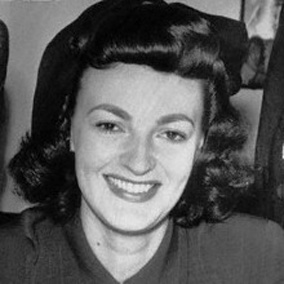A Quote by Lucy Maud Montgomery
As she walked along she dramatized the night. There was about it a wild, lawless charm that appealed to a certain wild, lawless strain hidden deep in Emily’s nature—the strain of the gypsy and the poet, the genius and the fool.
Related Quotes
Hear and attend and listen; for this is what befell and be-happened and became and was, O my Best Beloved, when the Tame animals were wild. The dog was wild, and the Horse was wild, and the Cow was wild, and the Sheep was wild, and the Pig was wild -as wild as wild could be - and they walked in the Wet Wild Woods by their wild lones. But the wildest of all the wild animals was the Cat. He walked by himself and all places were alike to him
English literature, from the days of the minstrels to the Lake Poets,--Chaucer and Spenser and Milton, and even Shakespeare, included,--breathes no quite fresh and, in this sense, wild strain. It is an essentially tame and civilized literature, reflecting Greece and Rome. Her wildness is a greenwood, her wild man a Robin Hood. There is plenty of genial love of Nature, but not so much of Nature herself. Her chronicles inform us when her wild animals, but not the wild man in her, became extinct.
Cynie Cory roams the outer reaches of the heart’s territory, from the snowy winter of family life to the tropical jungles of love. She wears her heart on her sleeve and it is as big as the country she writes about. Is she the quintessential American girl? You bet she is, part Annie Oakley, part Emily Dickinson—sharpshooting poet of wild nights. She zooms in on the detritus of love—the broken fragments, the fallen leaves—and puts together a collage that is as heartbreaking as it is beautiful. Watch out—she’s driving down your street.
Imagination in a poet is a faculty so wild and lawless that, like a high ranging spaniel, it must have clogs tied to it, lest it outrun the judgment. The great easiness of blank verse renders the poet too luxuriant. He is tempted to say many things which might better be omitted, or, at least shut up in fewer words.
Of course the Man was wild too. He was dreadfully wild. He didn't even begin to be tame till he met the Woman, and she told him that she did not like living in his wild ways. She picked out a nice dry Cave, instead of a heap of wet leaves, to lie down in; and she strewed clean sand on the floor; and she lit a nice fire of wood at the back of the Cave; and she hung a dried wild-horse skin, tail down, across the opening of the Cave; and she said, 'Wipe your feet, dear, when you come in, and now we'll keep house.
In short, all good things are wild and free. There is something in a strain of music, whether produced by an instrument or by thehuman voice,--take the sound of a bugle in a summer night, for instance,--which by its wildness, to speak without satire, reminds me of the cries emitted by wild beasts in their native forests. It is so much of their wildness as I can understand. Give me for my friends and neighbors wild men, not tame ones. The wildness of the savage is but a faint symbol of the awful ferity with which good men and lovers meet.
It is that holy poetry and singing we are after. ... It is the wild singing we are after, our chance to use the wild language we are learning by heart under the sea. When a woman speaks her truth, fires up her intention and feeling, staying tight with the instinctive nature, she is singing, she is living in the wild breath-stream of the soul. To live this way is a cycle in itself, one meant to go on, go on, go on.


































